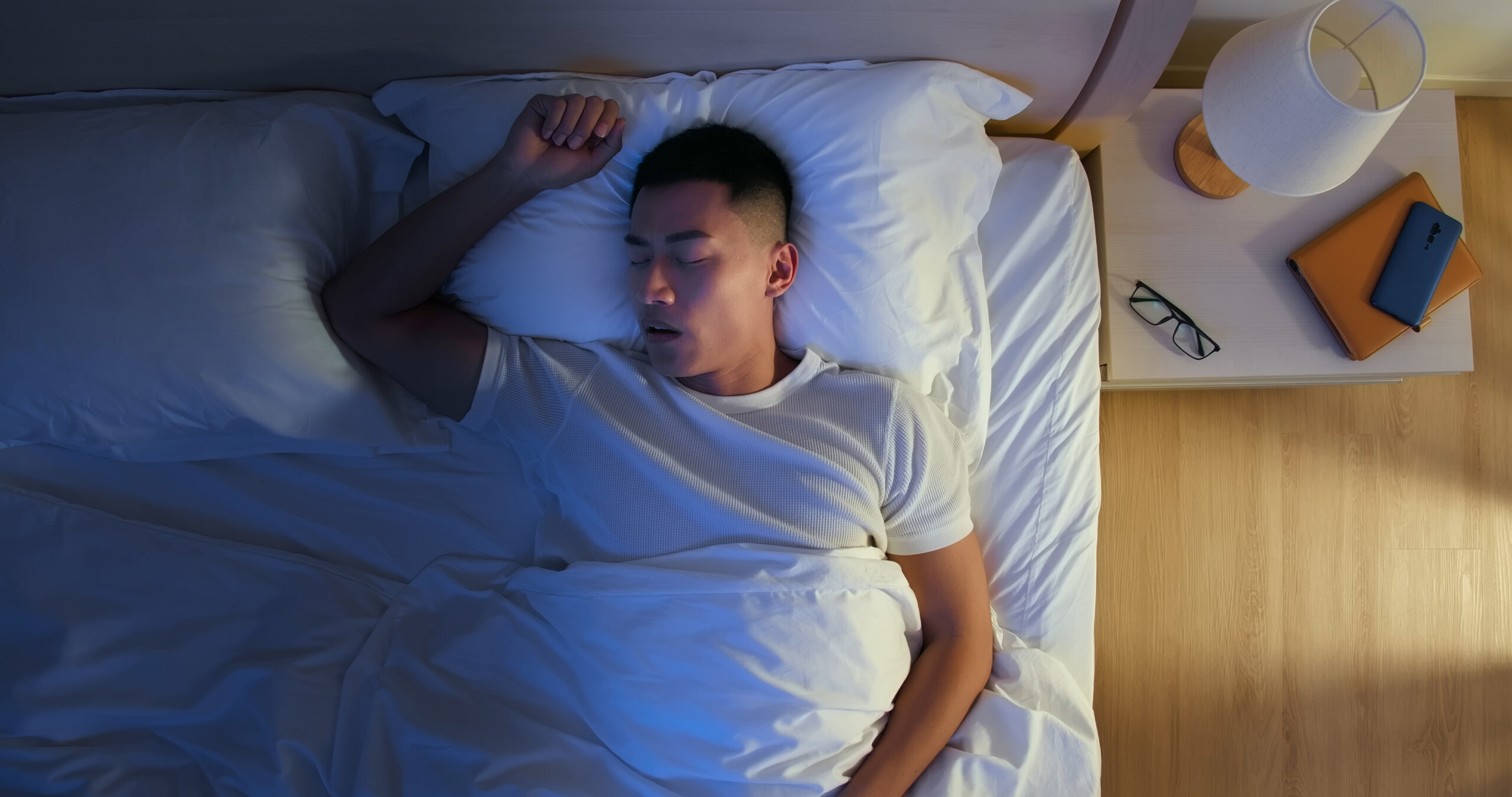In New Zealand, pneumonia affects over 650 people each year, with 2023 marking the highest annual incidence rate in the past ten years. While anyone can develop pneumonia, the risk is particularly higher in babies, children under 4 years old, and adults over 65. In addition to the factors that increase vulnerability to pneumonia, there is growing evidence that pneumonia and sleep are closely linked. Sleep plays a critical role in maintaining a strong immune system, and poor sleep can make individuals more susceptible to infections like pneumonia.
On the 12th of November, World Pneumonia Day is inviting all authorities, organizations and the general public to increase visibility to pneumonia worldwide.
What is Pneumonia?
“Breathe!” is a simple instruction, one which you can’t imagine will ever be impossible to follow.
Pneumonia is an infection of your lungs. It’s usually caused by bacteria or a virus, and may develop after a cold or the flu. Pneumonia causes inflammation of the air sacs in one or both lungs. When infection sets in, the air sacs in the area fill with pus and fluids making breathing difficult.
What causes Pneumonia?
Viruses, such as respiratory syncytial virus (RSV) are common causes of Pneumonia in children. Pneumonia can develop when your body’s immune system is overwhelmed and can’t fight off the bug causing the infection.
Mostly it can be treated at home with rest, plenty of fluids and antibiotics (if caused by bacteria) but young children and older adults may need to stay in hospital for treatment.
How does Pneumonia impact sleep?
Pneumonia impacts sleep by making it difficult to breathe while lying in bed. The pain or discomfort from the illness may also prevent you from sleeping, or excessive coughing and congestion can keep you awake.
As Pneumonia causes fatigue and tiredness, you could be prone to sleeping more. However, frequent daytime naps could make it harder to sleep at night by disrupting your sleeping patterns. You may also notice that sleep quality has decreased due to discomfort from the symptoms.
How can you improve sleep while recovering from pneumonia?
1. Elevate your head
Whether you’re in bed or resting on the couch, you may find it more comfortable to sit up or prop yourself up with extra pillows. That’s because an upright position allows the congestion to drain from your nose and throat more easily.
2. Avoid smoking and alcohol
Unfortunately, smoking and alcohol will only worsen your symptoms, which is more likely to keep you awake. If you have trouble giving up either of those, speak to your doctor for further advice.
3. Have a hot beverage before sleep
Before you go to bed, try a hot beverage, such as a non-caffeinated herbal tea or a lemon, honey, and ginger drink. The heat from these drinks helps to work as a decongestant, helping clear your lungs so you can breathe more easily.
4. Cold and flu remedies
Cold and flu remedies such as cough syrup or lozenges could also help you sleep better if excessive coughing keeps you awake at night.
What should you do if sleep doesn’t improve once recovered from Pneumonia?
Pneumonia can disrupt sleep patterns and exacerbate conditions such as insomnia or sleep apnoea.
If troublesome sleep persists, patients may want to seek help from a sleep specialist, specifically one that offers a multi-speciality approach. They may recommend medications, make changes to sleep hygiene routines, or offer science backed wellbeing techniques to better improve your sleep.
At Auckland Sleeo, we boast a collective of experts who specialise in eight different domains of sleep health. Our team of eight different specialities under one roof provides an unparalleled multi-faceted approach, which helps you achieve better sleep health, simply.
Get in touch with us to find out how we can help you.


